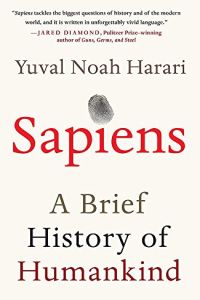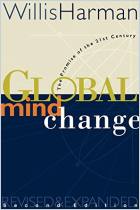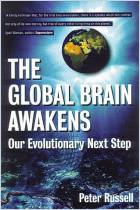Rejoignez getAbstract pour lire le résumé !

Rejoignez getAbstract pour lire le résumé !
Yuval Noah Harari
Sapiens
A Brief History of Humankind
Harper, 2015
Aperçu
This fact-filled meditation on the contradictions of evolution and history says Homo sapiens may be a prologue to an entirely new species.
Recommendation
Yuval Noah Harari’s 400-page history of mankind is a timely meditation on the nature of Homo sapiens’ fickle path: a history not made by great leaders, determinism, guns, germs or steel, but by unexpected nuances of existence. Harari concludes that Homo sapiens prevailed by happenstance, a capacity for language and socialization, curiosity, mercantile fervor and technological prowess – which may yet destroy everything. Harari’s perspective moves among the telescope, microscope and stethoscope, hailing the synchronicities of capitalism, religion and technology. He tracks happiness as a measuring stick of progress. Harari is uneasy about humanity as the intelligent designer of a new “superhuman” – a cyborgian, a machine whose inorganic longings may not include happiness. While always neutral on matters of personal belief, getAbstract recommends this roiling, off-the-beaten path tour de force to readers with patience and open minds, even those who might disagree along the way.
Summary
About the Author
Oxford-educated historian Yuval Noah Harari teaches at the Hebrew University of Jerusalem.

























Comment on this summary